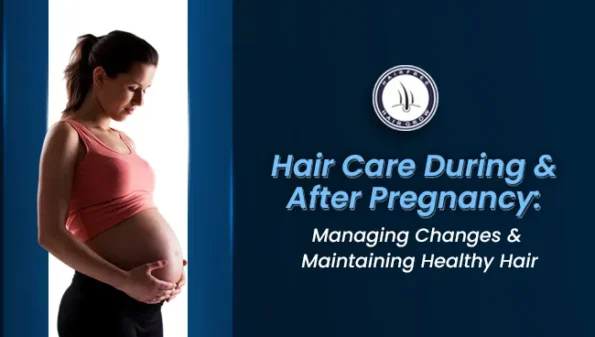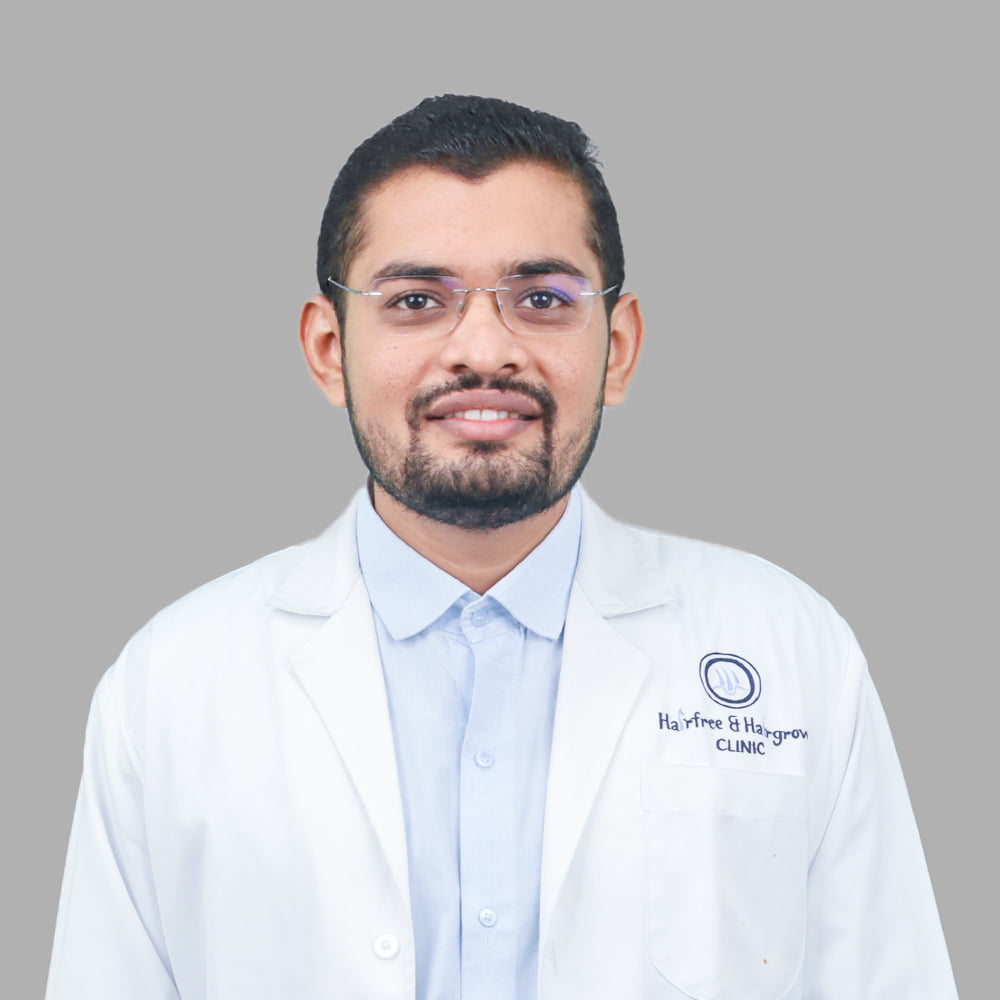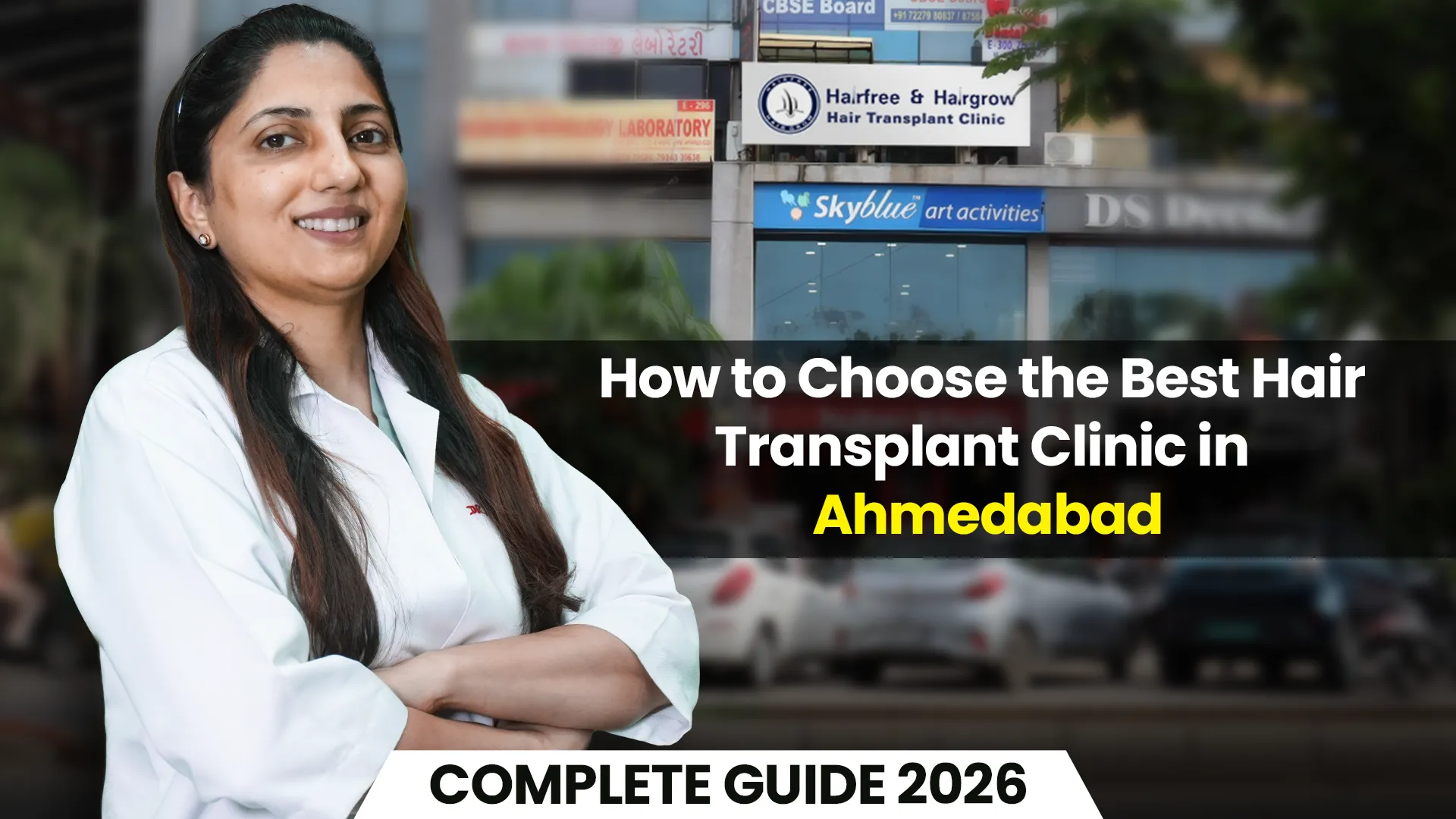Pregnancy is a beautiful and transformative journey that brings about various changes in a woman’s body, including her hair. Many women experience alterations in hair texture, thickness, and even hair loss during and after pregnancy. These changes can be attributed to hormonal fluctuations, nutritional deficiencies, and other factors. In this article, we will discuss effective hair care tips to manage these changes and maintain healthy hair care during and after pregnancy.
Understanding Hair Changes During Pregnancy
Pregnancy triggers hormonal changes in a woman’s body, leading to an increase in estrogen levels. This surge in hormones can result in noticeable changes in hair growth and texture. Some women experience thicker, shinier hair during pregnancy due to increased blood circulation and enhanced nutrient delivery to the scalp. However, others may face challenges such as excessive hair shedding, dryness, and brittle hair.
Common Hair Problems During Pregnancy
- Excessive Hair Shedding: Hormonal changes can disrupt the natural hair growth cycle, leading to increased hair shedding. This condition, known as telogen effluvium, usually occurs after childbirth.
- Dry and Brittle Hair: Hormonal imbalances can cause dryness and brittleness, making the hair more prone to breakage.
- Changes in Hair Texture: Due to hormonal fluctuations, some women may notice changes in their hair texture, such as curly hair becoming straight or vice versa.
Precautions for Hair Care During and After Pregnancy
During pregnancy, it is crucial to adopt a cautious approach towards hair care. Here are some precautions to keep in mind:
- Avoid Chemical Treatments: Steer clear of chemical hair treatments like hair dyes, relaxers, and perms, as the chemicals present in these products may be absorbed into the bloodstream.
- Opt for Natural Products: Switch to natural and organic hair care products that are free from harmful chemicals like sulfates, parabens, and phthalates.
- Heat Styling with Caution: Limit the use of heat styling tools like flat irons and curling wands, as excessive heat can damage the hair shaft.
- Protect from UV Rays: Wear a hat or use a UV protection spray to shield your hair from the harmful effects of the sun.
Hair Care Tips During Pregnancy
- Gentle Cleansing: Use a mild shampoo and conditioner specifically formulated for pregnancy to maintain scalp health and prevent excessive dryness.
- Regular Conditioning: Apply a nourishing conditioner from mid-length to the ends of your hair to keep it hydrated and reduce frizz.
- Scalp Massage: Gently massage your scalp with your fingertips to stimulate blood circulation, promote hair growth, and relieve any tension.
- Balanced Diet: Consume a well-balanced diet rich in vitamins, minerals, and proteins to support healthy hair growth from within.
- Stay Hydrated: Drink an adequate amount of water daily to keep your body and hair hydrated.
- Trim Regularly: Get regular trims to prevent split ends and maintain the overall health of your hair.
Postpartum Hair Care Challenges
After childbirth, many women experience a temporary increase in hair shedding. This shedding is a result of the hair that was in the resting phase during pregnancy entering the shedding phase. Postpartum hair loss usually peaks around three to four months after giving birth but gradually subsides within a year.
Tips for Postpartum Hair Care
- Be Gentle: Handle your hair gently, avoiding vigorous brushing or combing that can further contribute to hair breakage.
- Use Wide-Toothed Comb: Opt for a wide-toothed comb to detangle your hair, starting from the ends and working your way up.
- Avoid Tight Hairstyles: Refrain from tying your hair tightly, as it can put unnecessary strain on the hair shaft.
- Maintain a Healthy Lifestyle: Eat a balanced diet, exercise regularly, and manage stress levels to support healthy hair growth.
- Consult a Professional: If you experience severe postpartum hair loss or have concerns about your hair, consult a dermatologist or trichologist for personalized advice and treatment options.
Healthy Diet for Hair Growth
A nutritious diet plays a crucial role in maintaining healthy hair during and after pregnancy. Include the following foods in your diet to promote hair growth:
- Lean Proteins: Consume lean meats, fish, eggs, and legumes for a good source of protein, which is essential for hair strength and growth.
- Fruits and Vegetables: Incorporate a variety of colorful fruits and vegetables to ensure an adequate intake of vitamins and antioxidants.
- Whole Grains: Opt for whole grains like brown rice, quinoa, and oats to provide essential nutrients and support hair health.
- Healthy Fats: Include foods rich in healthy fats, such as avocados, nuts, and seeds, to nourish your hair follicles and promote shine.
Managing Hair Loss After Pregnancy
If you continue to experience excessive hair shedding beyond the first year after childbirth or notice any other concerning changes in your hair, consult a healthcare professional. They can evaluate your condition and recommend appropriate treatments, such as topical solutions or supplements, to address the underlying causes of hair loss.
Hairstyles for Easy Hair Care
During the busy days of pregnancy and early motherhood, opting for low-maintenance hairstyles can save time and effort. Consider these hairstyles for easy hair care:
- Ponytail: A classic ponytail is quick to style and keeps your hair off your face.
- Messy Bun: Embrace the effortlessly chic look of a messy bun for a stylish yet practical hairstyle.
- Braids: Experiment with different braid styles, such as a French braid or fishtail braid, for an elegant and hassle-free option.
- Top Knot: Create a sleek top knot by twisting your hair into a bun at the crown of your head.
Natural Remedies for Hair Care
- Aloe Vera: Apply fresh aloe vera gel to your scalp to soothe any irritation and promote hair growth.
- Coconut Oil: Massage warm coconut oil onto your scalp and hair to moisturize, nourish, and strengthen your hair.
- Onion Juice: Extract onion juice and apply it to your scalp to stimulate hair growth and prevent hair loss.
- Egg Mask: Create a hair mask by whisking an egg with a tablespoon of olive oil and applying it to your hair. Leave it on for 20 minutes before rinsing.
Professional Hair Treatments
If you desire professional hair treatments, consult a hairstylist or trichologist who can recommend safe and suitable options for your hair during and after pregnancy. Some treatments to consider include:
- Scalp Treatments: These treatments help nourish the scalp, promote hair growth, and address any specific scalp conditions.
- Keratin Treatments: Keratin treatments can help reduce frizz, improve hair texture, and make it more manageable.
- Hair Spa: Indulge in a relaxing hair spa treatment that includes deep conditioning, scalp massage, and rejuvenation techniques.
Emotional Well-being and Hair Care
Pregnancy and the postpartum period can bring about emotional challenges that may affect your overall well-being, including hair health. It is important to prioritize self-care and seek support when needed. Engage in activities that reduce stress and practice mindfulness to promote emotional well-being, which in turn can positively impact your hair health.
Hygiene Practices for Healthy Hair
Maintaining proper hygiene is crucial for healthy hair. Follow these practices:
- Regular Washing: Wash your hair regularly with a gentle shampoo to remove dirt, excess oil, and product buildup.
- Avoid Overwashing: While regular washing is important, avoid excessive shampooing, as it can strip your hair of its natural oils.
- Towel Drying: Gently pat your hair dry with a soft towel, avoiding vigorous rubbing that can lead to breakage.
- Clean Hair Tools: Regularly clean your hairbrushes, combs, and other styling tools to prevent product buildup and maintain hygiene.
Styling Tools and Their Impact on Hair
Excessive use of heat styling tools, such as flat irons and curling wands, can damage your hair. To minimize the negative impact of these tools:
- Use Heat Protectant: Apply a heat protectant spray or serum before using any heat styling tools to minimize damage.
- Adjust Temperature: Set the temperature of your styling tools to the lowest effective level to prevent unnecessary heat exposure.
- Limit Usage: Try to limit the use of heat styling tools to special occasions rather than incorporating them into your daily routine.
Conclusion
During and after pregnancy, it is essential to pay extra attention to hair care to manage the changes that occur. By following the tips and guidelines mentioned in this article, you can effectively address common hair problems, maintain healthy hair, and embrace this beautiful phase of your life with confidence.
Written By
MBBS, DDV
Dr. Jinkal Kunjadiya is a renowned hair specialist focusing on Hair Care During and After Pregnancy. With extensive experience in trichology, he helps expectant and new mothers navigate hormonal hair changes, offering personalized solutions for maintaining healthy locks throughout pregnancy and postpartum periods. His expertise ensures optimal hair care during this transformative time.
Disclaimer
We’ve made all possible efforts to ensure that the information provided here is accurate, up-to-date and complete, however, it should not be treated as a substitute for professional medical advice, diagnosis or treatment. See Detailed Disclaimers Here.



